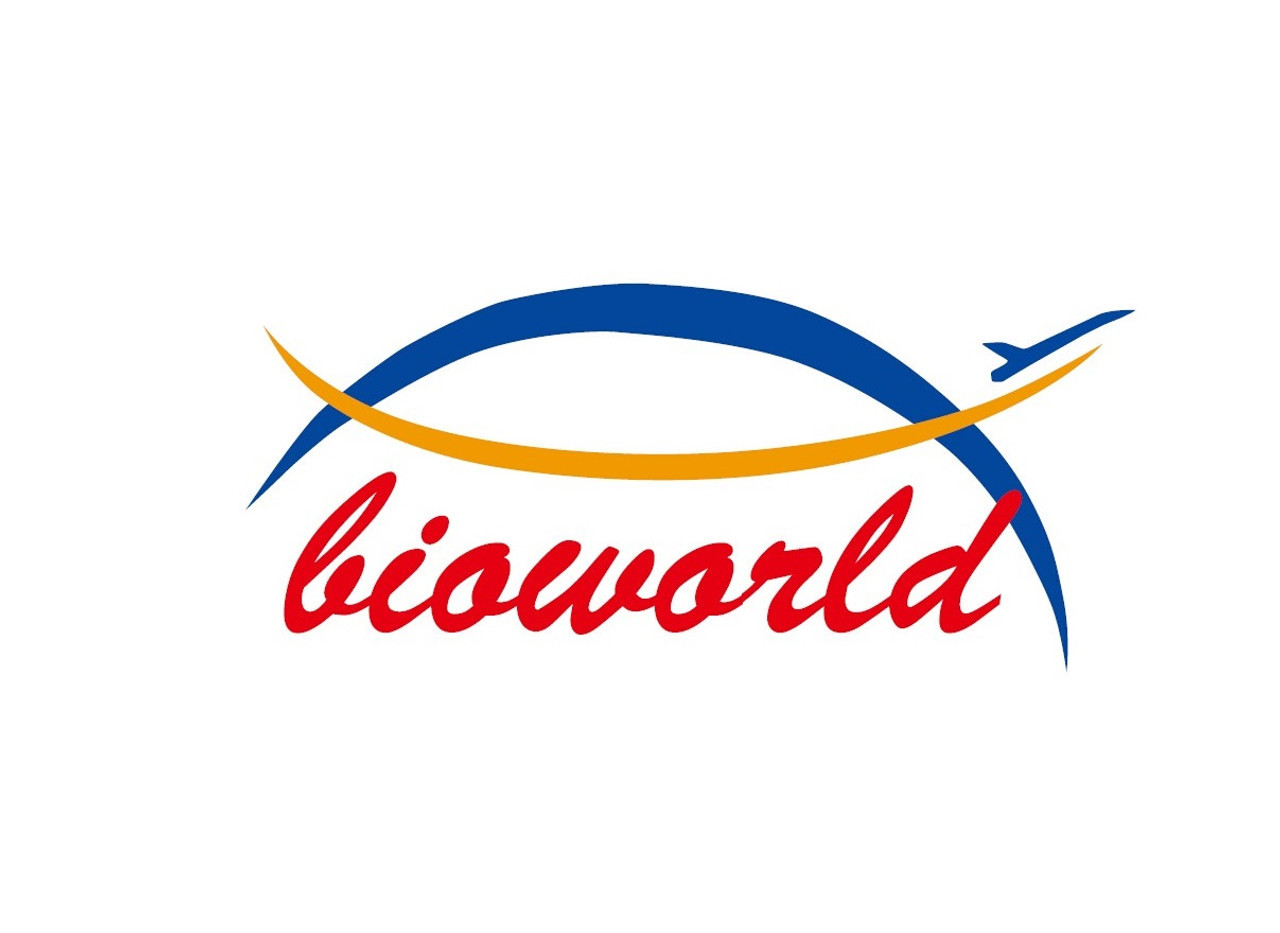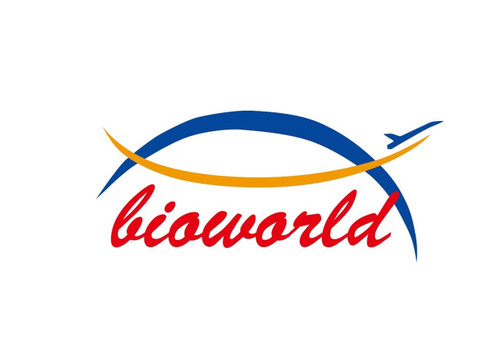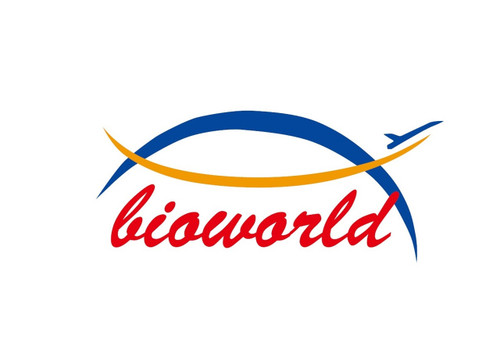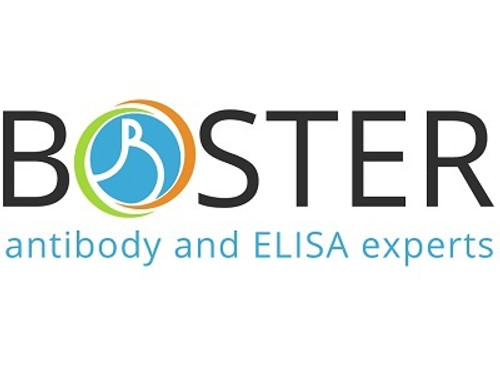Product Description
IDH1 (Isocitrate Dehydrogenase 1) monoclonal Antibody | MB63619 | Bioworld
Host: Mouse
Reactivity: Human, Monkey, Mouse, Rat, Dog
Application: IHC, WB
Application Range: WB 1:500, IHC 1:150
Background: Isocitrate dehydrogenases catalyze the oxidative decarboxylation of isocitrate to 2-oxoglutarate. These enzymes belong to two distinct subclasses, one of which utilizes NAD (+) as the electron acceptor and the other NADP (+) . Five isocitrate dehydrogenases have been reported: three NAD (+) -dependent isocitrate dehydrogenases, which localize to the mitochondrial matrix, and two NADP (+) -dependent isocitrate dehydrogenases, one of which is mitochondrial and the other predominantly cytosolic. Each NADP (+) -dependent isozyme is a homodimer. The protein encoded by this gene is the NADP (+) -dependent isocitrate dehydrogenase found in the cytoplasm and peroxisomes. It contains the PTS-1 peroxisomal targeting signal sequence. The presence of this enzyme in peroxisomes suggests roles in the regeneration of NADPH for intraperoxisomal reductions, such as the conversion of 2, 4-dienoyl-CoAs to 3-enoyl-CoAs, as well as in peroxisomal reactions that consume 2-oxoglutarate, namely the alpha-hydroxylation of phytanic acid. The cytoplasmic enzyme serves a significant role in cytoplasmic NADPH production. [provided by RefSeq, Jul 2008]
Storage & Stability: PBS (PH 7.3) containing 1% BSA, 50% glycerol and 0.02% sodium azide.
Specificity: isocitrate dehydrogenase (NADP (+) ) 1, cytosolic
Molecular Weight: 46.5 kDa (Predicted)
Note: For research use only, not for use in diagnostic procedure.
Alternative Names: HEL-216; HEL-S-26; IDCD; IDH; IDP; IDPC; PICD
Immunogen: Synthetic peptide around the R132 region of the human IDH conjugated to KLH
Conjugate: Unconjugated
Modification: Unmodification
Purification & Purity: Purified from mouse ascites fluids or tissue culture supernatant by affinity chromatography (protein A/G)
Pathway: N/A
 Euro
Euro
 USD
USD
 British Pound
British Pound
 NULL
NULL












